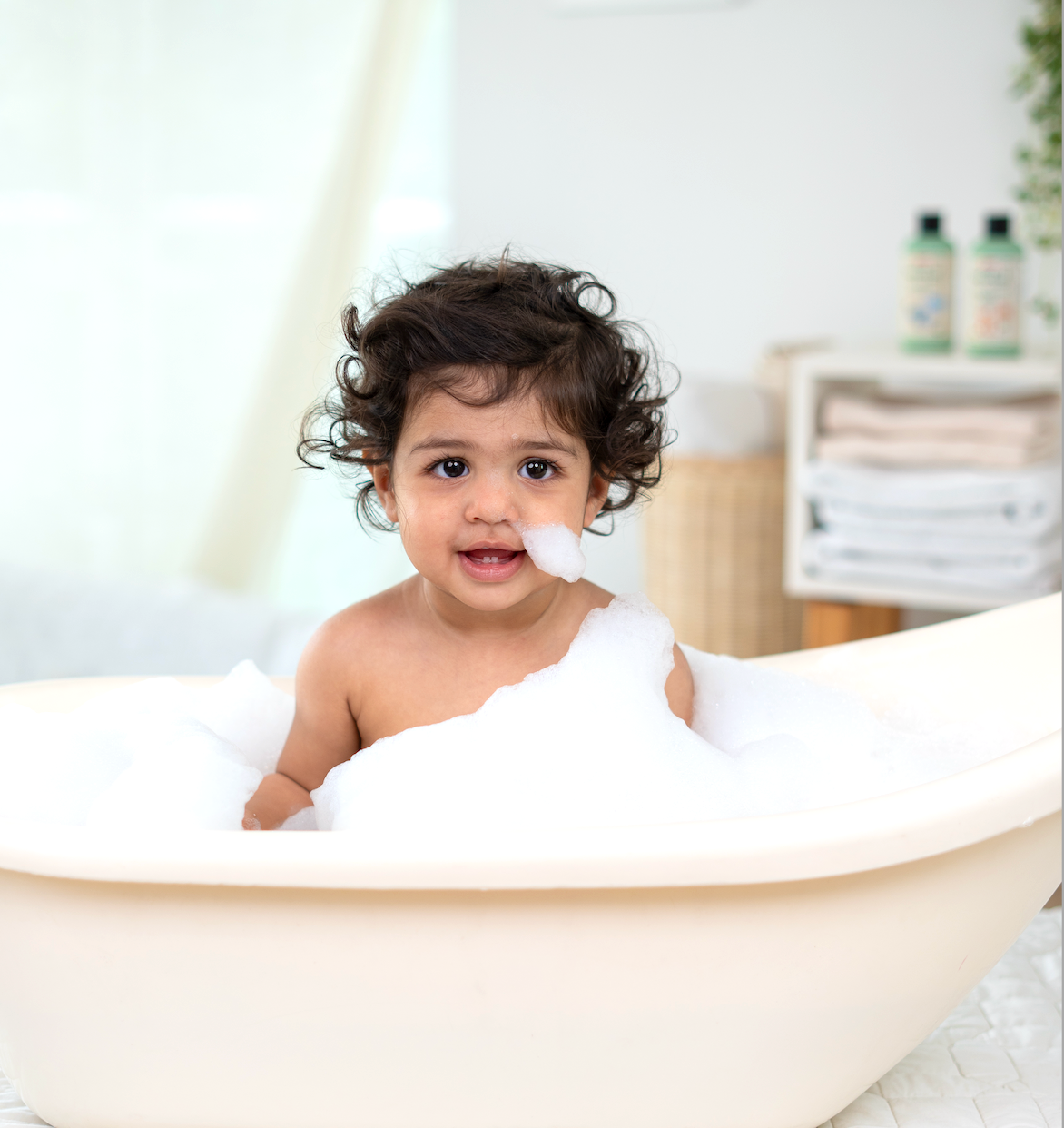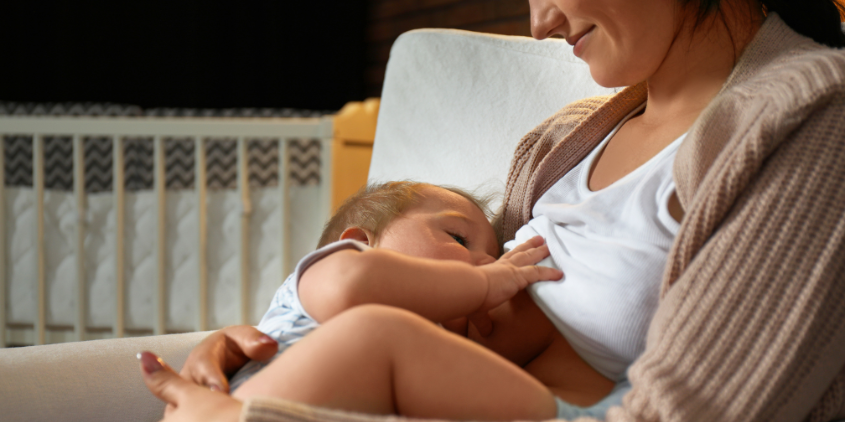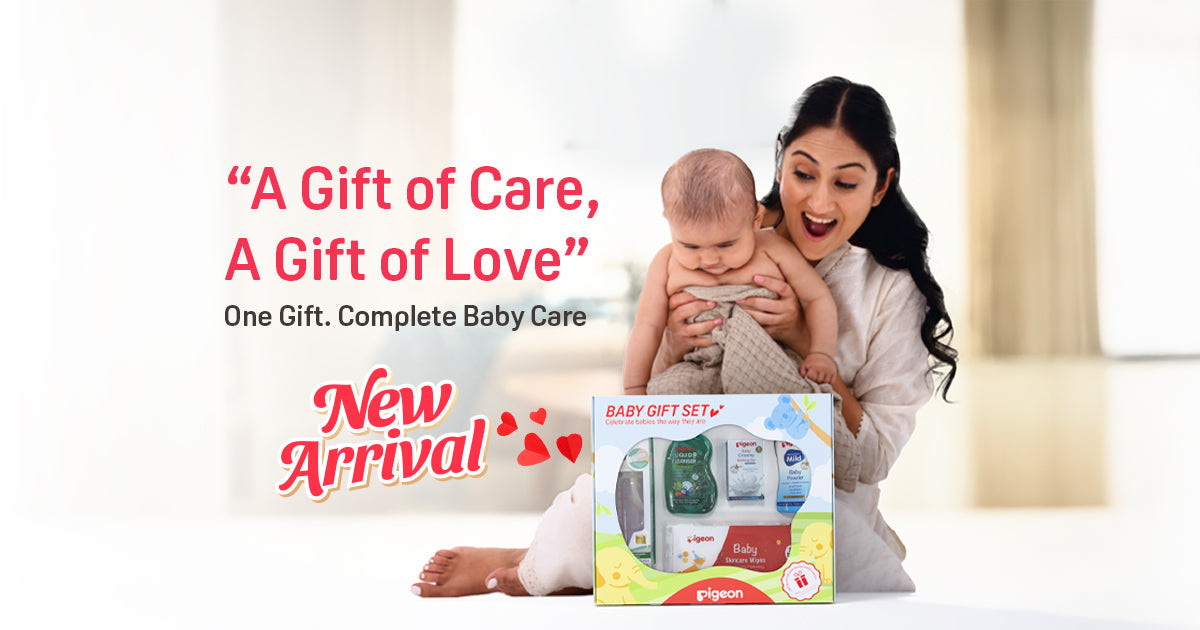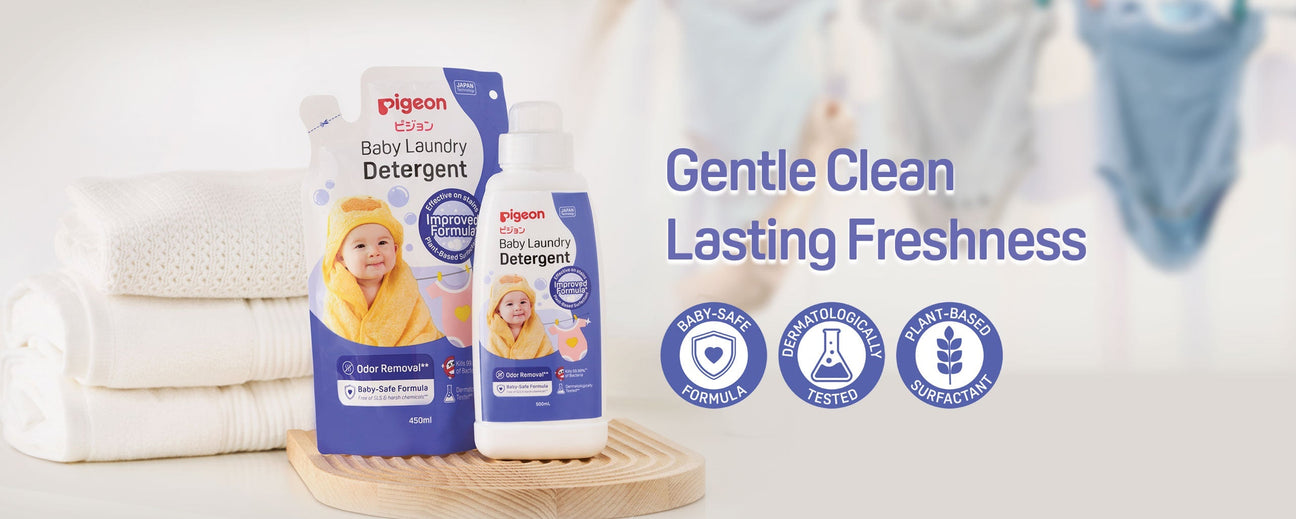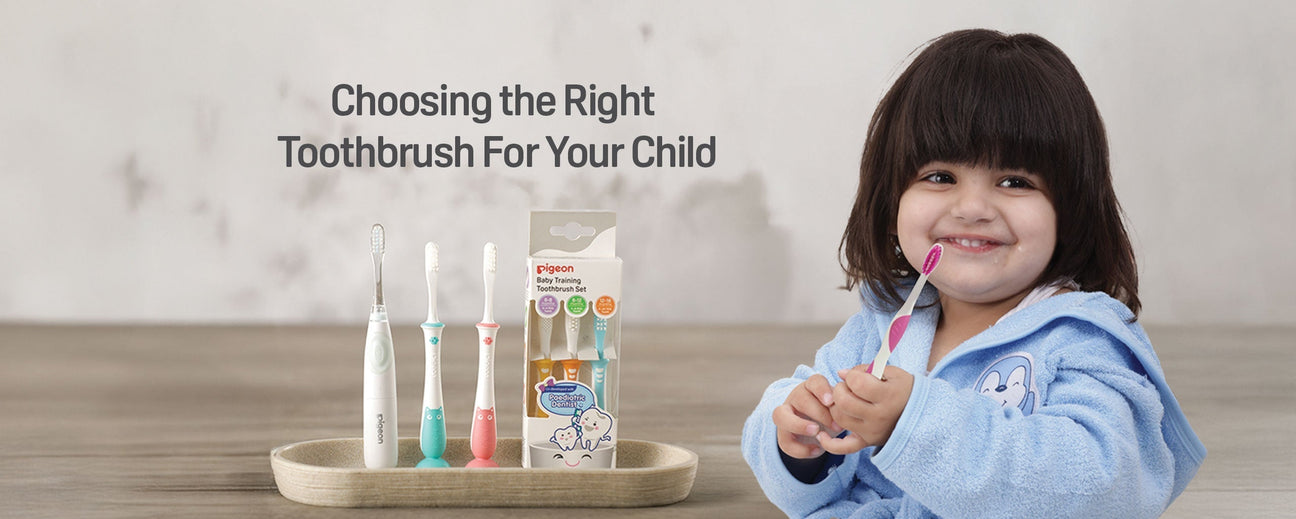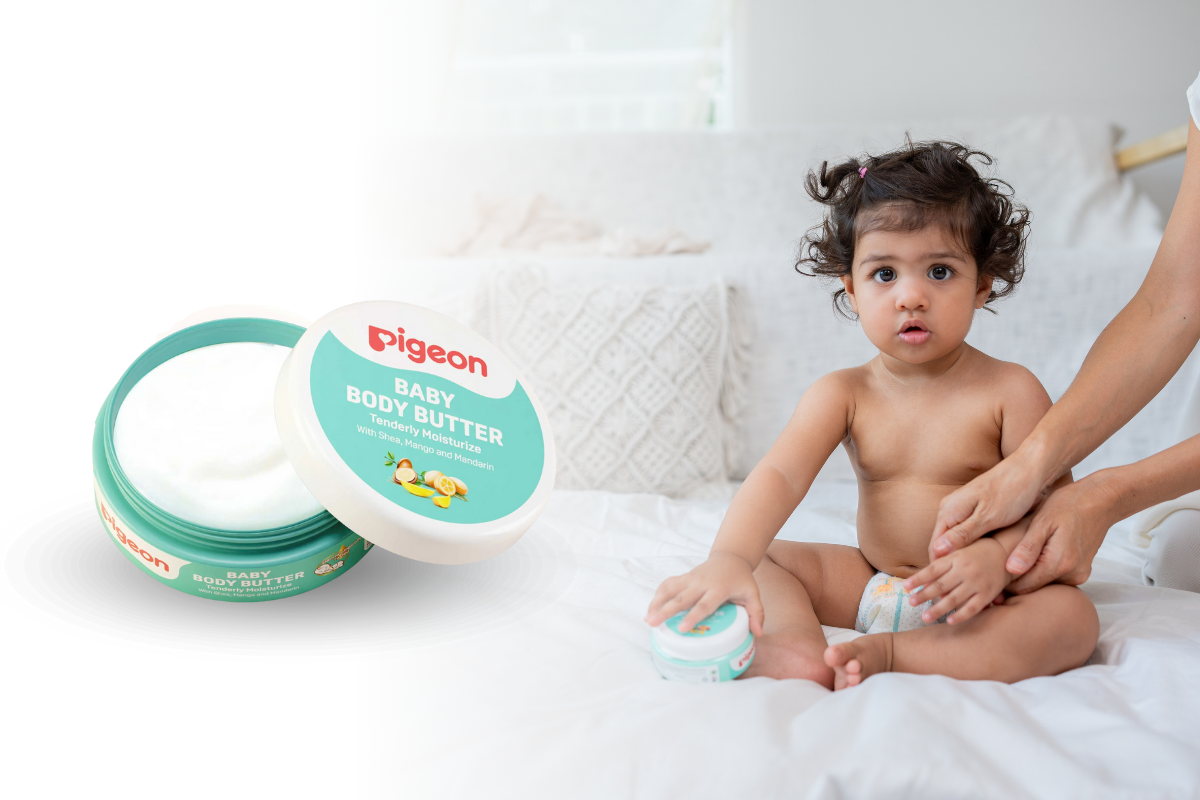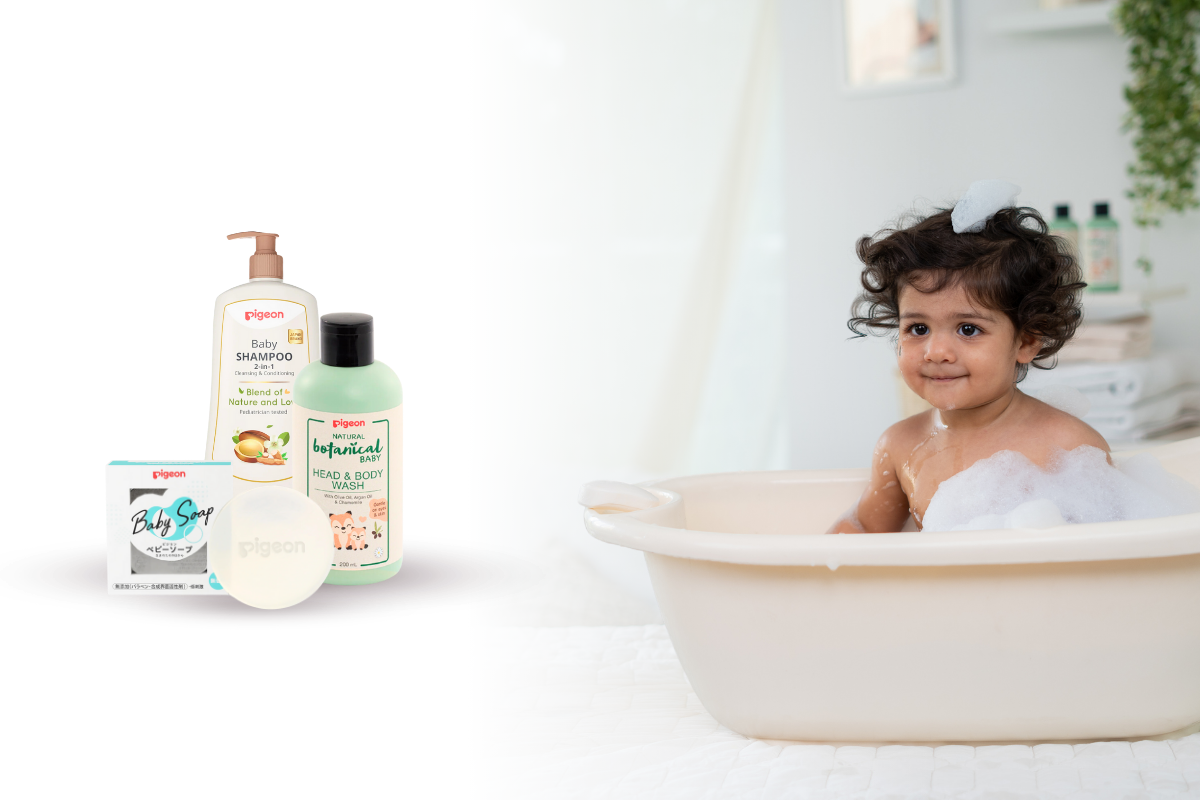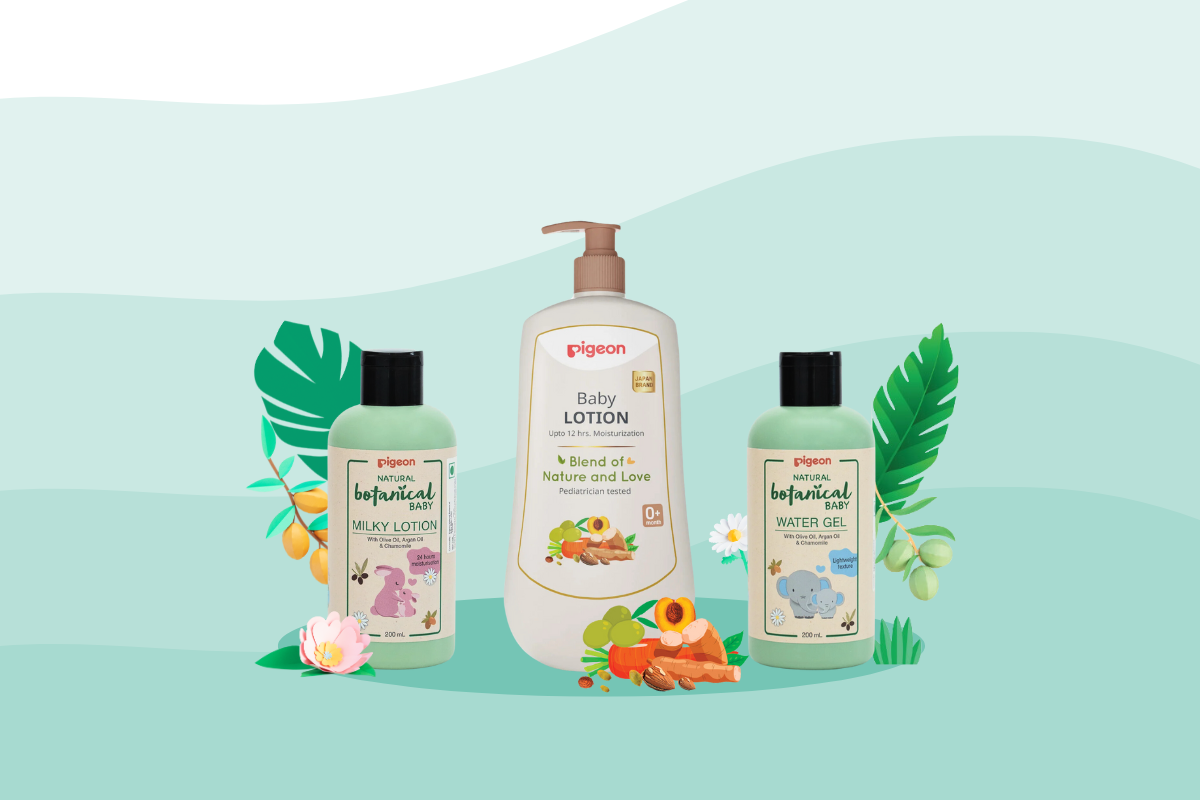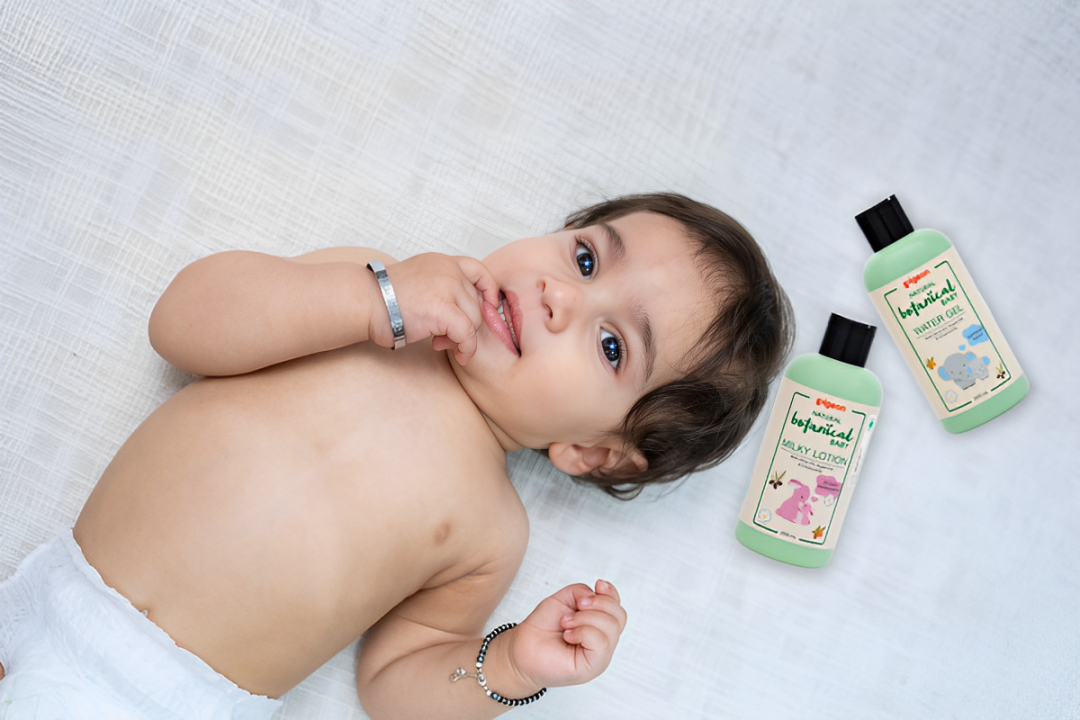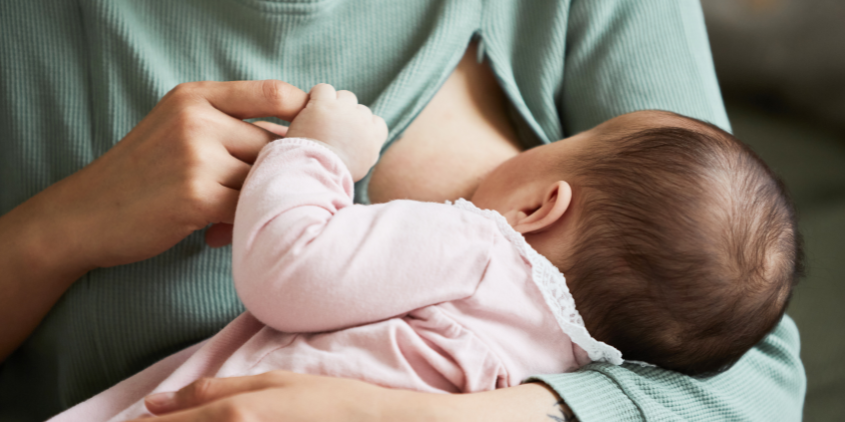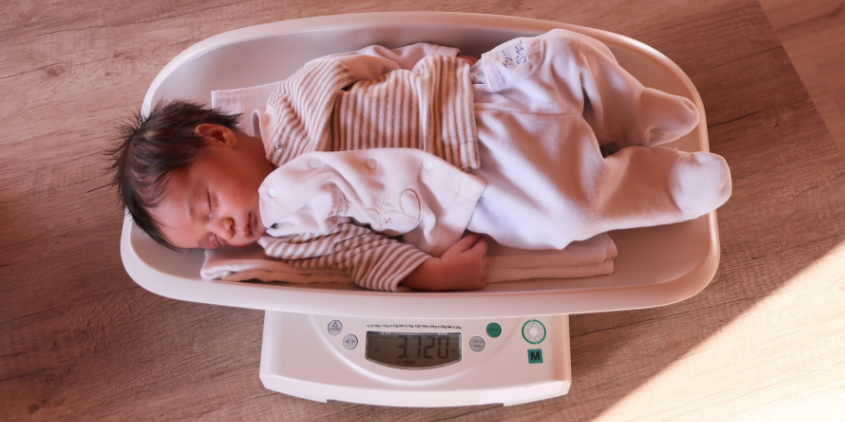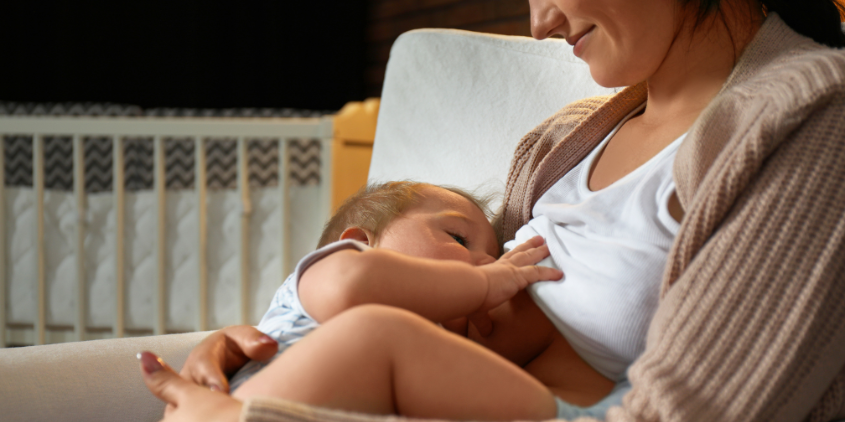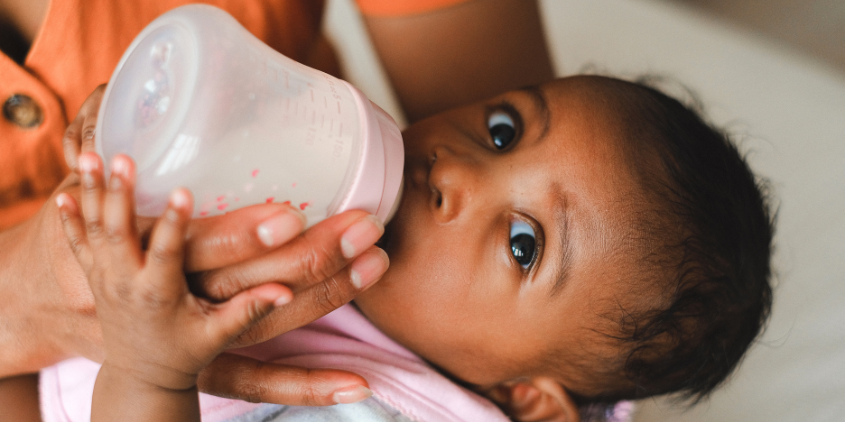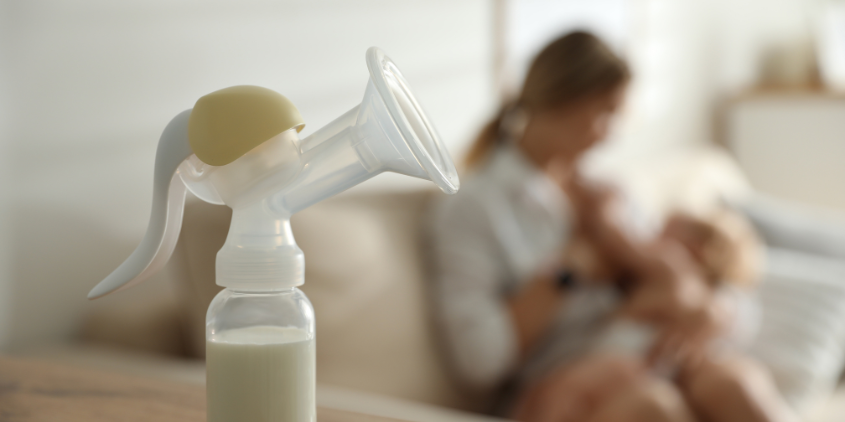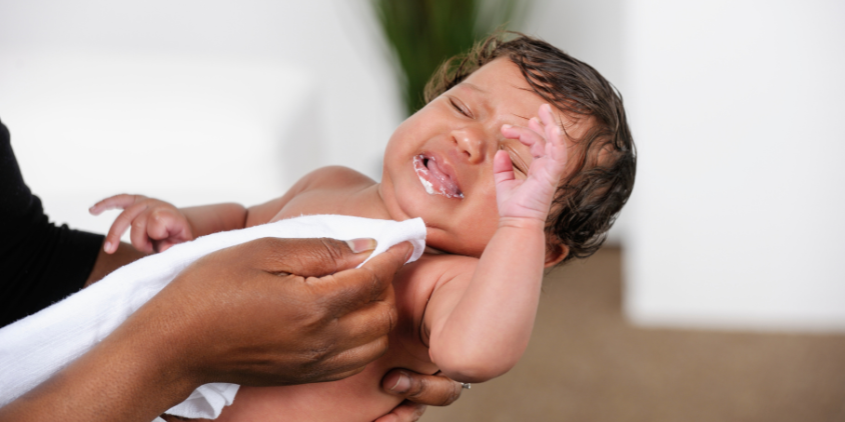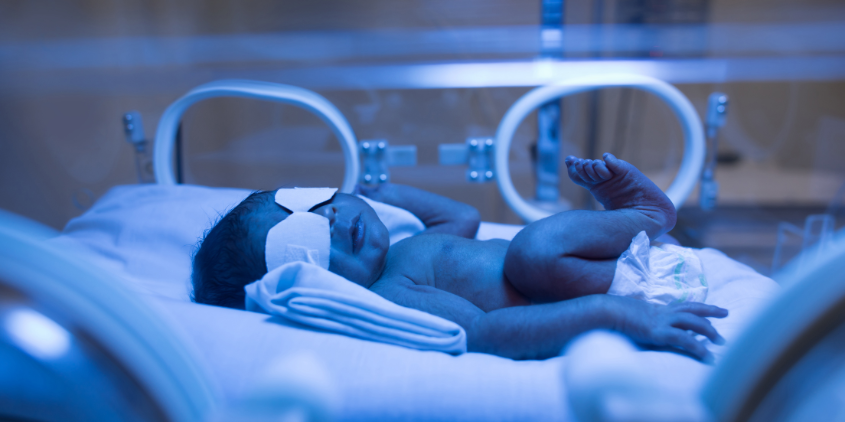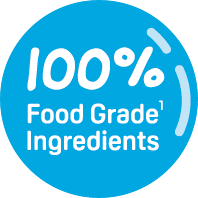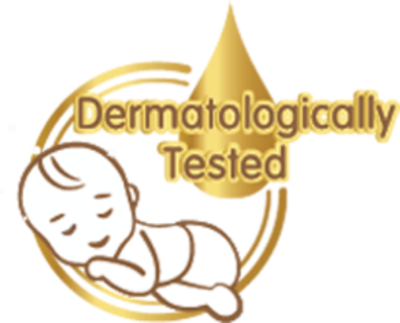One form of communications between you and your baby
The baby's appearance, how the baby drinks breastmilk, the amount and frequency of urine and feces output and the baby's body weight are indicators of whether enough breast milk is being produced.
Baby's frequent crying and slight engorgement of the breast do not indicate that insufficient breastmilk is being produced.
Breastmilk production increases and the amount of breastmilk stabilizes as you continue to breastfeed.
![]()
Reason why babies bite nipples
Your baby may sometimes bite your nipple when he gets used to breastfeeding.
This is nothing to worry about; it’s not a sign that you’re not producing enough breastmilk or that your breastmilk doesn't taste good.
'Exploring sucking or exploratory sucking' can be seen 3 months after the birth. Even though he should be hungry and ready to nurse, your baby will roll your nipple with his tongue, smile with the nipple in his mouth, and may seem to play without concentrating on breastfeeding. At that time, your baby may bite your nipple, but it doesn't mean that he hasn’t had enough breastmilk or doesn't like breastmilk any more.
It's a phase in which the tongue and lips start moving in various ways, and your baby explores and enjoys moving his tongue and lips.
Although this varies among individuals, your baby will cut his first tooth about 7-8 months after birth, and will sometimes bites your nipple during breastfeeding at this time as his gums feel itchy.
This is tough on you, as it certainly hurts, but your baby isn’t refusing to drink breastmilk. Don’t scold your baby, but treat him well.
Breastfeeding becomes painful when the nipple is bitten and injured, either when your baby is exploring and cutting his first tooth. When that happens, take care of the nipple appropriately, following guides for care.

